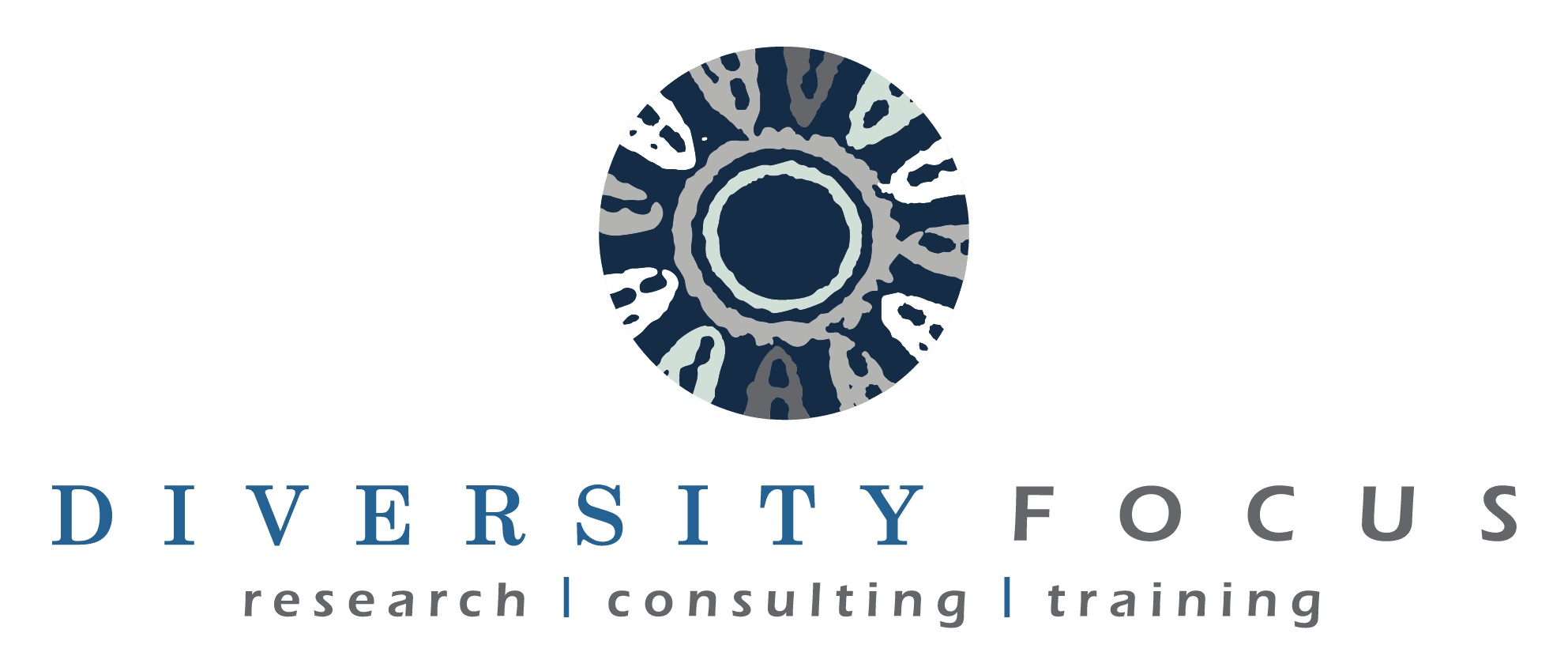Why is Diversity Important?
So Why is Workplace Diversity Important?
Now that you have an understanding of various elements of diversity, it is helpful to consider why workplace diversity matters.
Here is the bottom line; diverse teams are:
- Representative of a larger audience– Diverse workplaces represent the wider base of customers and stakeholders that they serve, increasing a company’s positive reputation, reach and impact
- Varied in their perspectives– Different personal and professional backgrounds and experiences foster creativity and innovation within the company
- Able to bring higher profits– Companies with a richness in diversity (including racial and ethnic diversity) are 33-35% more likely to outperform their industry averages financially according to research by McKinsey and Company
- Better problem solvers– Diverse experiences and points of view make for a higher quality, more well-rounded workforce that can contribute diverse knowledge and skills
If diversity is lacking in the workplace, this can deter people from diverse backgrounds when it comes to applying for positions in the company or remaining in the company. As a result, companies may be missing out on the diverse talent those individuals can bring. The more diverse representation a company has, the more likely they are to attract and retain diverse talent.
Give us an example in the comments below of why you think diversity is important. This is a voluntary activity. Feel free to participate as you wish. Please note that any comment you make using the “comment” feature of this platform will be able to be seen by others taking the course.
Intersectionality
Intersectionality is the overlapping of multiple elements of our identity (such as skin colour, gender, sexual orientation, social class, level of education, religion, ability etc), which results in each person’s unique experience of privilege/advantage and opportunity, or disadvantage and oppression.
Different combinations of these various elements of our personal and professional identity may have an impact on the likelihood that a person will experience systemic discrimination. This is particularly significant in a workplace context when we consider the journey of potential new recruits or employees, from exposure to the initial job advertisements, through to application, interviews, hiring and onboarding processes, as well as performance management practices, professional development, promotion opportunities, and even transition and retirement.
For example, although men may make up the majority gender demographic at a particular work site, if a male employee also identifies as homosexual, the intersection of his sexual orientation may increase the likelihood that he will face discrimination in some form. Similarly, if we consider a male employee who identifies as homosexual and is also a person of colour, the intersections of his sexual orientation and race may further increase the likelihood that he will face discrimination in some form.
Often, intersectional identities may not always be visible or apparent. Depending on the situation and environment, people may feel unsafe to disclose elements of their diversity. In such cases, the mental and emotional labour involved in hiding certain elements of their identity (for example if they fear they will face professional consequences as a result) can be a burden that can have negative flow-on effects on their sense of safety at work.
This highlights the importance of creating an inclusive, safe work environment which we will discuss further in the following section.
Why Recognising Diversity is Important
Valuing the visible and invisible differences that each person in our team or workplace may have, allows us to recognise the unique perspectives and contributions each person can bring. This should be celebrated.
However, we also need to be mindful of avoiding stereotypes and assumptions that we can make about others based on what we do or don’t see. For example, when someone wears a crucifix around their neck, we may assume they belong to a particular religion, but it could equally be a a gift from someone special that a non-religious person has chosen to wear for sentimental reasons.
With that said, it is important that we recognise people’s diverse identities without judging them for it or jumping to conclusions.
Before watching the following video, please get a pen and paper ready (or another method of recording your reflections).
